

Snap Fix

Heroball Adve

Baby Lily Bir

Power Mahjong

Room Sort Flo

Deep Sea Catc

Sprunki Vs Mc

Archery Maste

Hidden Easter

Children Happ

Soccer Girl

Truck Trials

Obby Massive

Cubatoria Mer

Epic Car Stun

Strike Force:

Mafia Roulett

Tile Fruits

Physics Box 2

Emoji Puzzle

Candy Smash

Reversi

Dta 2: Maniac

Granny Gta Ve

Mahjong Maste

Panda Kitchen

Parking Panic

Braindom 2

Fidget Spinne

Kawaii Claw M

Rootlings: Se

Parkour Block

Pimple Squeez

Tower Defense

Draw Brige Pu

Helicopter Ba

Kids Color Bo

Superhero Tra

Obby +1 Pet E

Rush Car Driv

Ben 10 Tappy

Giant Attack

Cooking Cafe

Meow Market

Bubble Shoote

Jump Man

Memory Wars

Baseball Pro

Candy Match P

Deadflip Fren

Last Standing

Tunnel Road

Fish Pot

Food Rush

Food Merge

Bmg: Crashday

Lovie Chics S

Crazy Hen Lev

Stickboys Hoo

Fun Iq Puzzle

Bank Robbery:

From Nerds To

Bus Transport

Stack Fall

Home Design -

Circle Rush

Home Rush The

Word It Up

Ellie And Fri

Knife Master

Brain Trainer

Bbq Stack Run

Tic Tak To

Makeup Fruits

Zombie Derby

Red Escape

Magnetic Pull

Parking Frenz

Bubble Ball S

Snake Hunter

Typing Advent

Ultimate Dest

Gin Rummy Cla

4x Puzzle

Jigsaw Puzzle

Carol's Temp

Rope Color So

Slice Brawl S

My Fashion Na

Good Shelves

Wickey Advent

Glitch
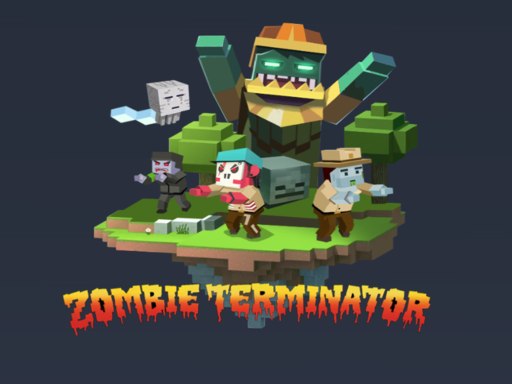
Zombie Termin

Stickman Skat

Rollance Goin

Block Blaster

Nuts Bolts Sc

Animal Quiz

Cat From Hell

Perfect Cake

Truck Stack C

Block Puzzle

Find It Out C

Grand Crime C

Gun Spin

Classic Bowli

Merge Fruits:
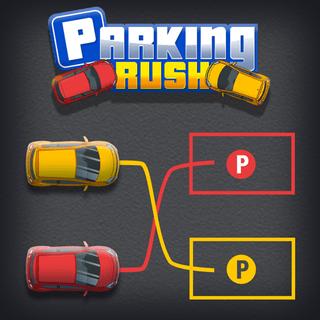
Parking Rush

Dta: Best Thi

Dress Up Run

The Big Hit R

Rainbow Ice C

Race Right

Snake Color C
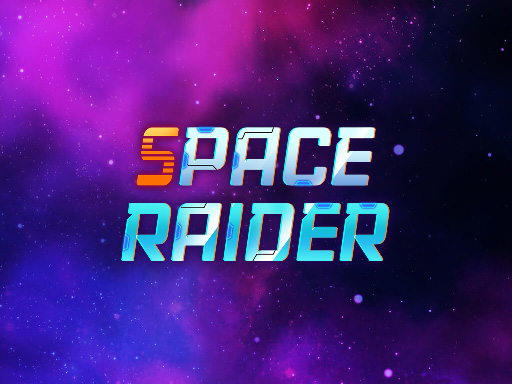
Space Raider

Happy Elephan

Sprunki Puzzl

Greedy Snake

Kitten Connec

Lol Funny Dan

Block Painter

Carol's Temp

Sandbox Islan

Cougar Simula

Survive Squad

Find The Set

Pair Up 3d

Gym Mania

Sprunky Incre

Cafe Owner Bu

Tictak Toe Pl

Drunken War

Cowboy Swing

Jewels Mania

The White Roo

Dress Princes

Bricklayer

Stickman Hugg

Go Around
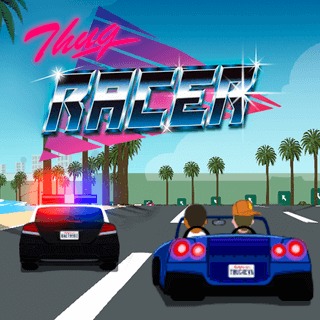
Thug Racer

Rope Color So

Find 6 Differ

Orbit Loop Re

Colored Water

Green Ball

Bottle Flip C

Super Slime

Sprunki Click

Sweet Puzzle

Bumper Car De

Twisty Lines

Mandala Color

Number Master

Cyber Monday

Sprunki Piano

Bounce Dunk B

Lawn Mower

3d Penalty

Park Them All

Monster Slaye

Tung Tung Sa

Sprunki Lava
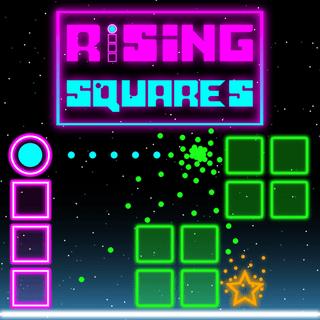
Rising Square

Eleven Eleven

Mahjong Conne